State House has reportedly negotiated a deal with prominent activists Boniface Mwangi and Khalif Kairo, aiming to quell the ongoing anti-government protests sweeping across the nation.
The protests, primarily driven by dissatisfaction over the controversial Finance Bill 2024, have sparked widespread unrest and garnered significant attention both domestically and internationally.
Boniface Mwangi and Khalif Kairo, once vocal proponents of the protests, allegedly agreed to halt their involvement in exchange for substantial financial compensation.
Sources close to the situation claim that each activist received Sh15 million to discontinue their participation and to cease advocating for the demands of the protesting youth, collectively known as Gen Z.
The genesis of these protests stems from opposition to President William Ruto’s administration, particularly in response to the Finance Bill 2024, which sparked outrage due to its perceived detrimental impact on the populace.
The withdrawal of the bill by the President following deadly demonstrations was seen as a significant concession, yet the unrest continued amidst broader discontent with the government’s policies.
Following their agreement with State House, both Mwangi and Kairo notably abstained from attending scheduled protests, marking a stark departure from their previous activism.
This development has not gone unnoticed within the activist community, where it has sparked divisions and accusations of betrayal among their peers.
Other activists such as Hanifa have vehemently refused similar offers from State House, opting to remain steadfast in their commitment to the cause.
Hanifa, also known as Honey Farsafi in online circles, has instead chosen to focus on humanitarian efforts, organizing fundraising initiatives to support the medical needs of injured and deceased protesters.
The Kenya National Commission on Human Rights (KNCHR) has raised serious concerns over the handling of the protests by the National Police Service, attributing the deaths of 39 individuals to the use of excessive force.
KNCHR’s condemnation underscores the volatile nature of the demonstrations and the heavy toll exacted on those involved.
Public scrutiny intensifies, questioning the integrity of the activists involved and the ethical implications of their decisions.
The controversy surrounding State House’s alleged intervention raises broader questions about the balance between activism, governmental influence, and the rights of citizens to peaceful protest.
While the reported deal between State House and the activists Boniface Mwangi and Khalif Kairo may have temporarily quelled unrest, it has also ignited a heated debate about the role of activism in democratic societies and the responsibilities of those in positions of influence.
The aftermath of these events will undoubtedly shape the discourse on governance and civic engagement in Kenya for the foreseeable future.









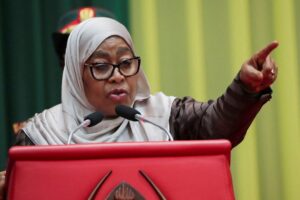
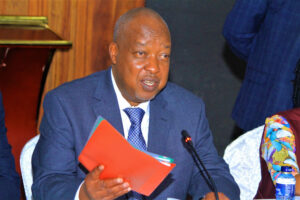

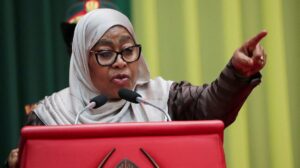
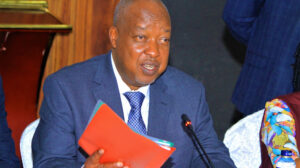


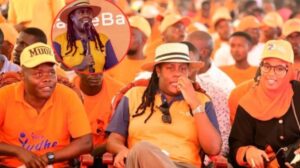
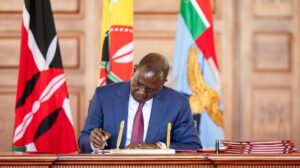



Add Comment